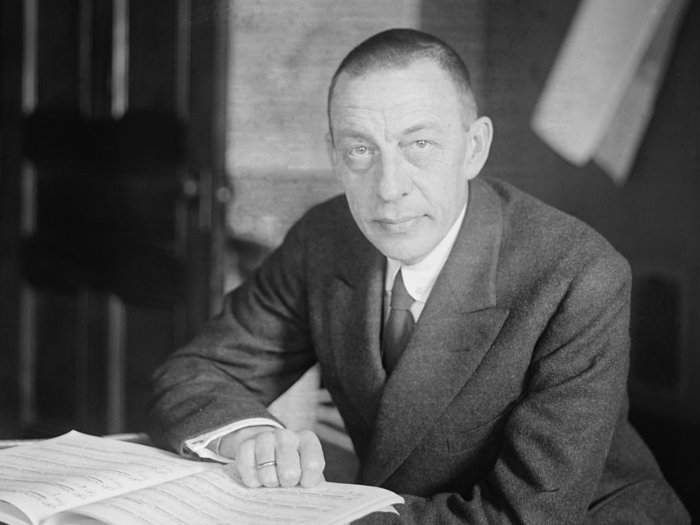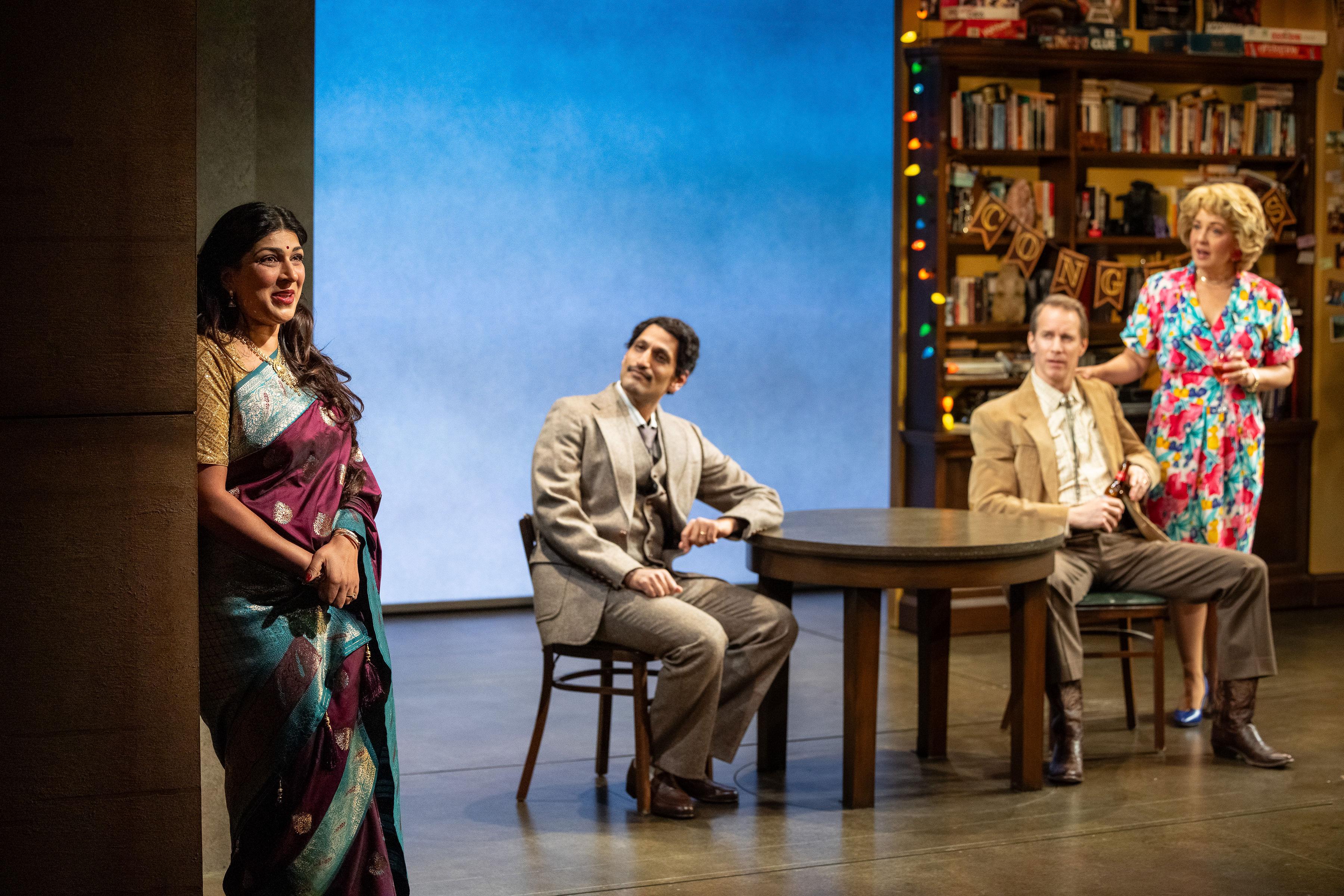

After four long years living outside of Russia due to political instability, Rachmaninoff was finally able to bring his family home. He returned with a determination to write a Russian sacred piece that would be a lasting contribution to the orthodox repertoire
It didn't go so well, at least at first. Rachmaninoff based his little known Liturgy of St. John Chrysostom on ancient chant, but church leaders banned the work, saying the music was too modern. During this period, Rachmaninoff also wrote the piece he loved the most to date: his choral symphony "The Bells," based on a Russian translation of a poem by Edgar Allan Poe.
Finally, Rachmaninoff took one more stab at writing an important sacred work. This time, he found success. His "All-Night Vigil" is considered the crowning achievement in Russian sacred music.
But the world around Rachmaninoff became chaotic again. Russia plunged into an all-out revolution and the Rachmaninoff family fled for their lives. The composer would never return to his beloved Russia.
Host Karla Walker and conductor and lecturer Scott O'Neil explore this pivotal period in Episode 7 of the Great Composers series on Rachmaninoff. Subscribe so you don't miss an episode.
Featured Music From 'The Great Composers: Rachmaninoff'
Check out this Spotify playlist and explore more than five hours of music featured in this series.







